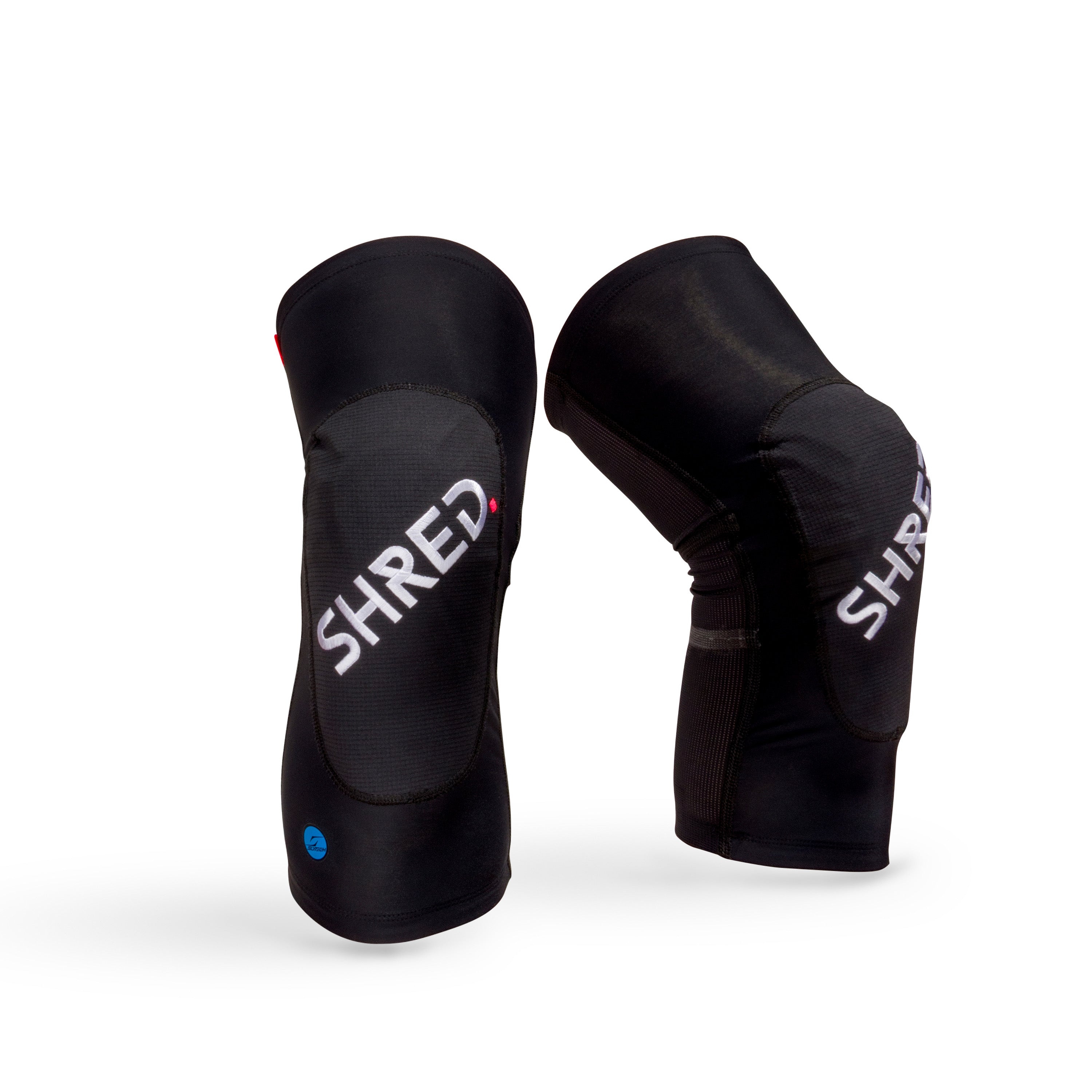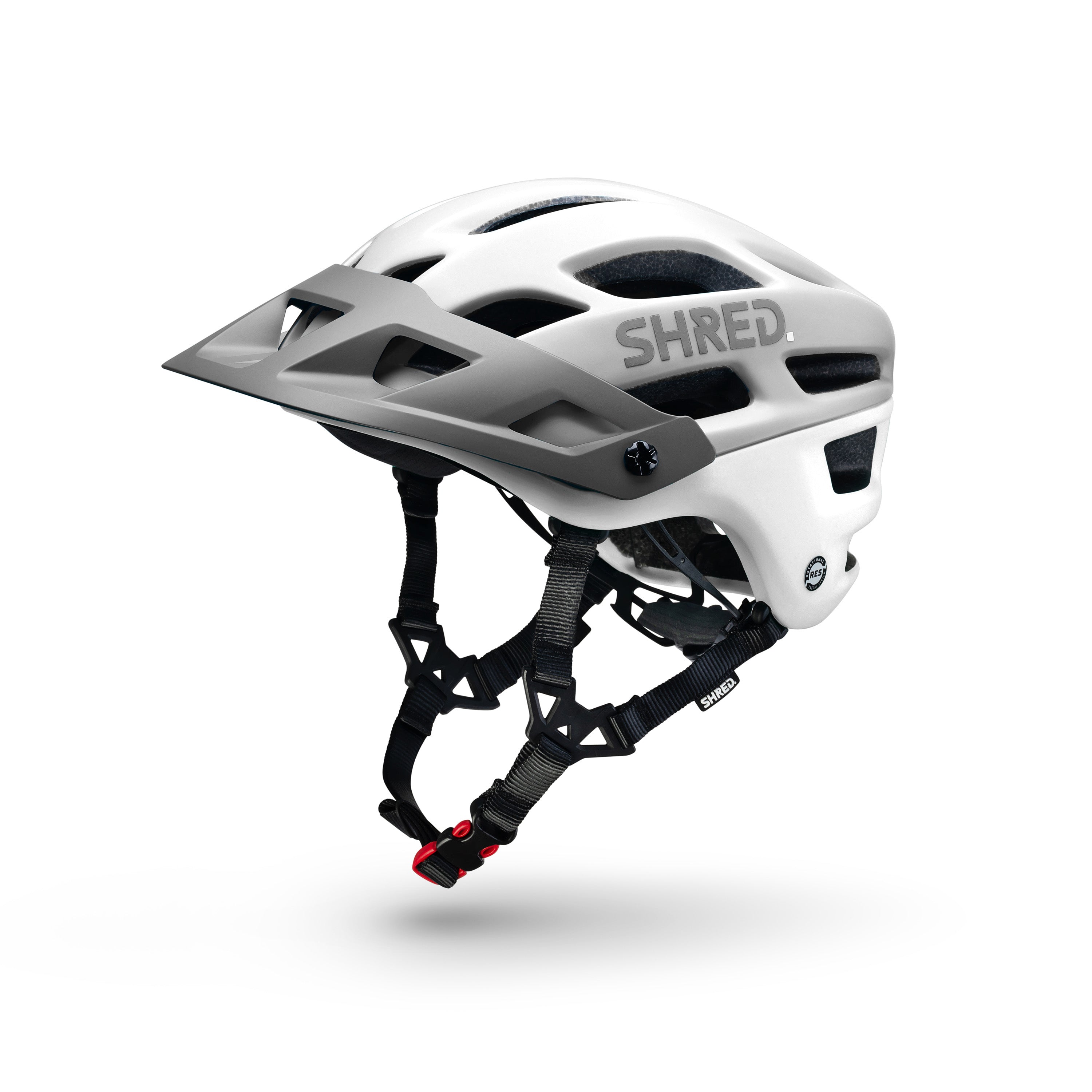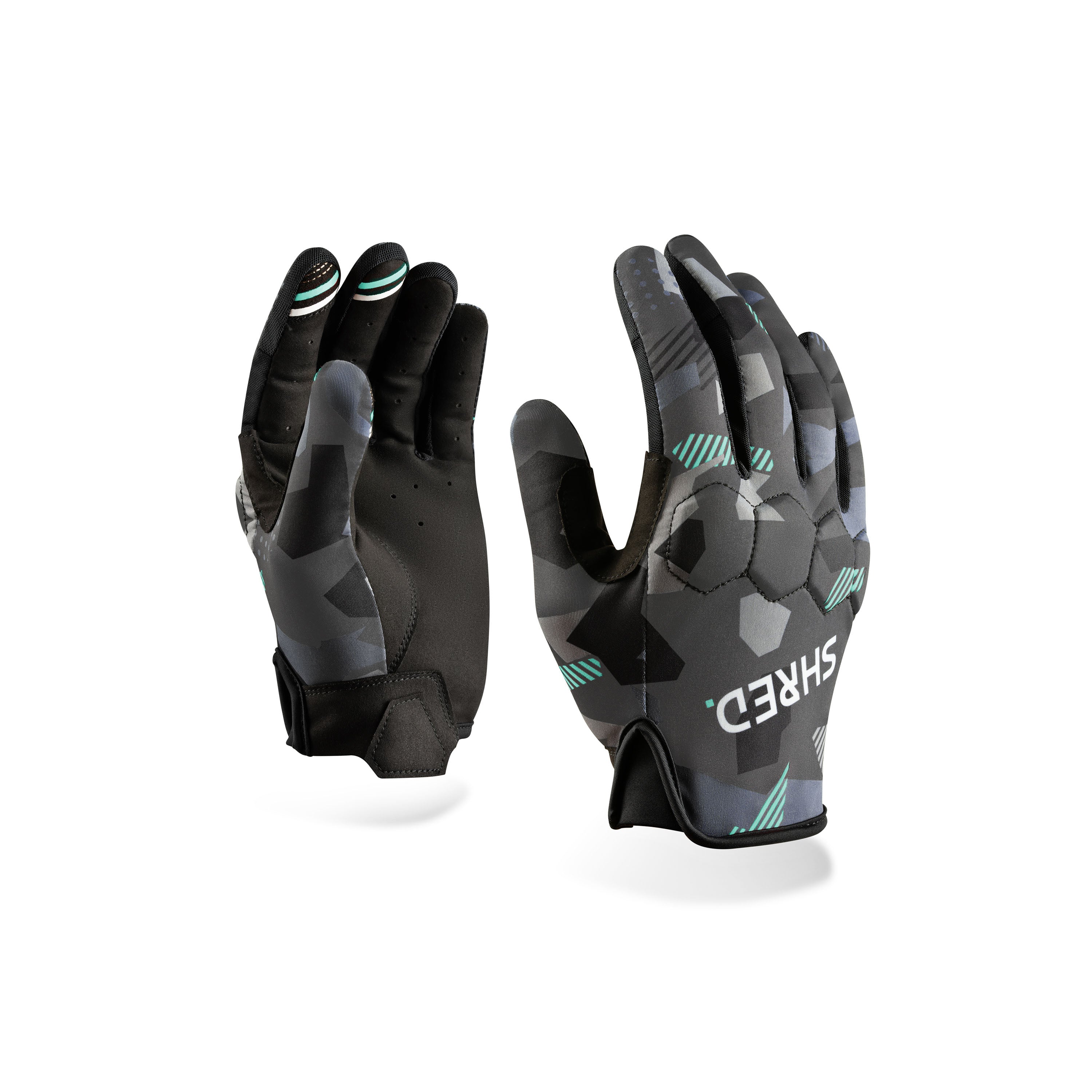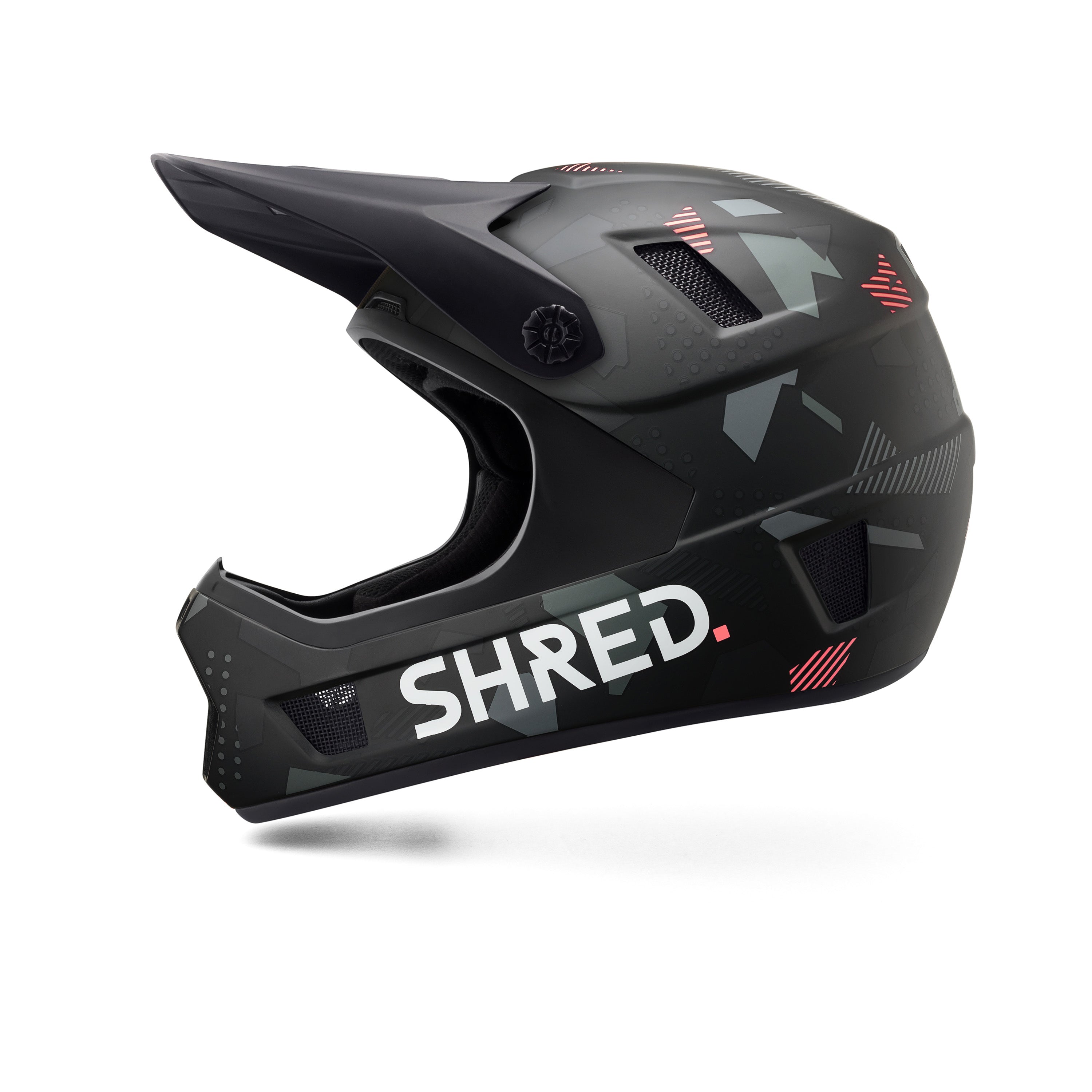
The Beginning
In 2006, Olympic Gold Medalist Ted Ligety and MIT-trained engineer Carlo Salmini co-founded SHRED., driven by their passion for innovation and performance. Initially focused on ski and snowboard gear, SHRED. soon ventured into mountain biking.
Early Innovations
In 2006, SHRED. introduced the first-ever soft back protectors for both skiing/snowboarding and mountain biking and, by 2008, launched the first-ever soft MTB knee pads, in both cases breaking away from the industry norm of hard plastic protection that was extremely uncomfortable and much less efficient in terms of impact energy absorption.
The Hiatus and Return
After a period focusing on winter sports, SHRED. resumed MTB product development in 2017. Leveraging their expertise in enhancing vision and protecting skiers and snowboarders going at high speeds and catching a lot of air, SHRED. applied this knowledge to mountain biking, recognizing their ability to deliver on innovation, technology, and performance in very similar settings, as well as the crossover among their customers…and the whole team at SHRED..

Passion and Product Development
Ted and Carlo’s personal love for mountain biking directly influences SHRED.’s products. Ted explains, “Our company was born out of a mountain bike ride together. Mountain biking is our summer passion... it was obvious to use our know-how to develop better eyewear and much more comfortable, rideable, and efficient protective gear.”
Focus on Innovation
SHRED.’s incredibly successful Contrast Boosting Lens™ 2.0 technology, developed for snow sports, has been adapted to MTB goggles in the Contrast Boosting Lens™ Trail version, offering superior clarity and boosting contrast on the trails. The Slytech™ Shock Absorption technology is so thin, light, rideable, and breathable that it allows riders to forget they are wearing it, all while ensuring maximum protection.
Future Goals
SHRED. is dedicated to pushing the boundaries of mountain biking gear. Carlo emphasizes, “We believe in our product, our passion, and our know-how as a recipe for success.” Ted echoes this, highlighting the importance of continual innovation and adaptation to meet the changing needs of riders.




















































































Leave a comment
This site is protected by hCaptcha and the hCaptcha Privacy Policy and Terms of Service apply.